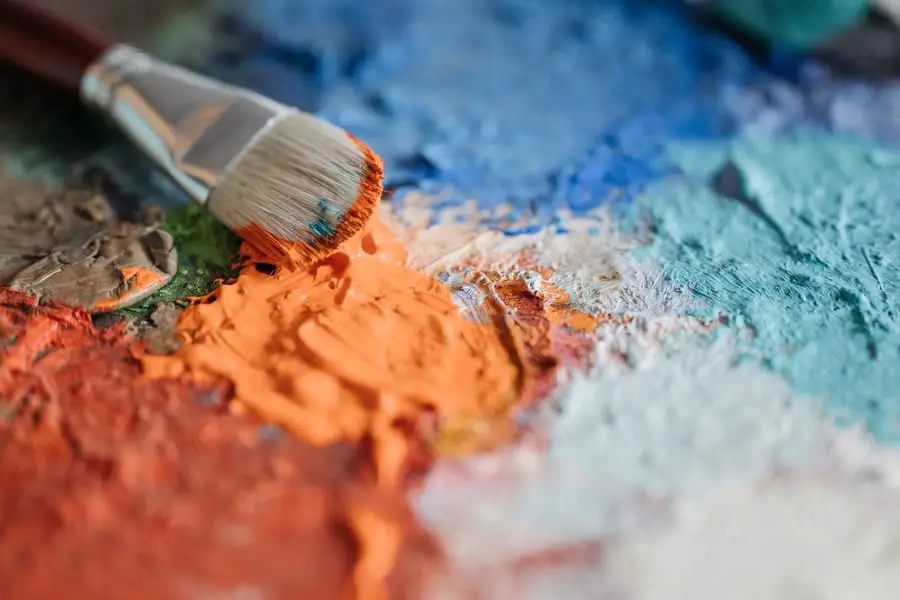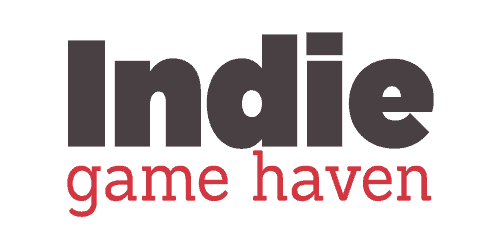When looking at the many options to choose from in the Unity Asset Store, it’s really pretty amazing. There are so many tools out there to make your job easier and really beautiful asset packs that others have created. These can take your game from looking pretty stale to amazing overnight.
So, can Unity assets be used outside of Unity? With appropriate licensing agreements art assets may be exported to other game engines. Any assets that involve Unity programming will not work in other game engines.
Ultimately, there are some assets that can be ported to other software or game engines with very little problem. The real concern here is not so much if you are able, which I explain how to do below, but more so should you. This comes down to the licensing.

What Types of Unity Assets Work In Other Game Engines or Software?
Most any art assets will work just fine in other software. In the case of 3D art assets, you generally are working with an FBX file type. This is a older filetype that is still the most common for game engines and 3D software. The most popular 3D software on the market, including Blender, Maya, or 3DSMax, all export FBX files.
In the case of assets that utilize any programming such as first person controllers, third person controllers, or visual scripting assets such as Playmaker, will not work in any other engine. Most developers are utilizing C# combined with methods that are native to Unity only. These scripts will not work in other game engines without significant overhauls.
Is Moving Unity Assets to Other Game Engines Illegal?
I would like to completely admit that I am no attorney up front. Any statements made here is purely my opinion, but will hopefully keep you from being sued.
Generally, when in doubt, I would almost always reach out to the developer of the asset. In most cases, when purchasing an asset you also purchase a license that allows you to manipulate the asset to meet your needs. This is a common practice known as “asset flipping”.
There is very little concern when using an asset if you make a purchase. The real question in the regard of legality comes down to those licenses for the free assets. Many of the free assets come with a limited use license. You may use it for personal use and often times you have specific restrictions on how and when it may be used.
At the same time, a lot of asset developers, especially those releasing free assets, simply want to see their art used. I would highly recommend just reaching out to them, giving them permission, and crediting their work in your project. This is generally sufficient to use the asset. The developers I have worked with are generally friendly and more than excited to have you use their work.
Is Altering Unity Assets Illegal?
When purchasing an asset, it is very common practice to alter an asset.
As an example, if you purchase a 3D character, you may want to change some of the clothing on the character, add a hat or a pair of sunglasses, or add an animation. In these cases, you almost always purchase a license that gives you full control to alter or adapt the asset.
In fact, I would take it a step further and encourage you to do so. Purchasing assets is a great way to speed up your development, but if you want your game to feel unique you will want to make some changes. I wrote an article about changing an asset, especially if you want to use it in a commercial game. Basic things such as changing some of the clothing textures or adding a unique animation will really make it feel custom but still speed up the development process significantly.
How Do You Export Unity Assets to Use in Another Game Engine?
As noted above, this likely will only work if you are using a Unity asset that is an art asset.
- Import the asset into Unity. Unity assets are generally placed in to packages, much like zip files. Unity is a easiest way to extract those files into a folder.
- Using File Explorer, navigate to your project folder. Within the “Assets” folder, you will likely find a folder containing the individual files that make up your asset. This may include image files for textures or sprites but also FBX files for 3D Models.
- Copy the files from the folder into a separate folder outside of your Unity project. As an example, you may place them in a new folder on your desktop.
- If you wish to edit the asset, you may import fbx files to your choice of 3D modeling software such as Blender or Maya. In the case of image files, a image editor such as GIMP or Photoshop will allow you to make changes to the asset.
- At this point, these assets may be imported into other game engines or other software for your use. Again, make sure you have appropriate permission or license agreements that grants you full rights to alter the asset before doing so. If you are unsure, contact the original developer through the Unity Asset Store.
Could You Get In Trouble With Unity for Moving Assets to Another Game Engine
As a developer, you have to realize that the Unity Asset Store is purely a platform for developers to share their work with others. It is a great system to encourage game developers to sell some of the awesome tools or art they have created.
There are a lot of hobbyists in game development that simply want to share their work. Unity does not own the assets that are being published on their platform. They have direct permission from developers to showcase and distribute, but they would be held liable if they claimed the work as their own or gave assets away without consent of the developers.
For this reason, there is no legal liability with Unity when it comes to how you utilize the assets that are being sold or shared from the Unity Asset Store. It would be up to the developer to tell you how the asset may be altered and used.
Conclusion
I would highly recommend that you read through any licensing agreements before utilizing any assets from the Unity Asset Store. You want to ensure that you can use it. The majority of license agreements I have witnessed allow your to completely manipulate the asset, but most require some form credit.
